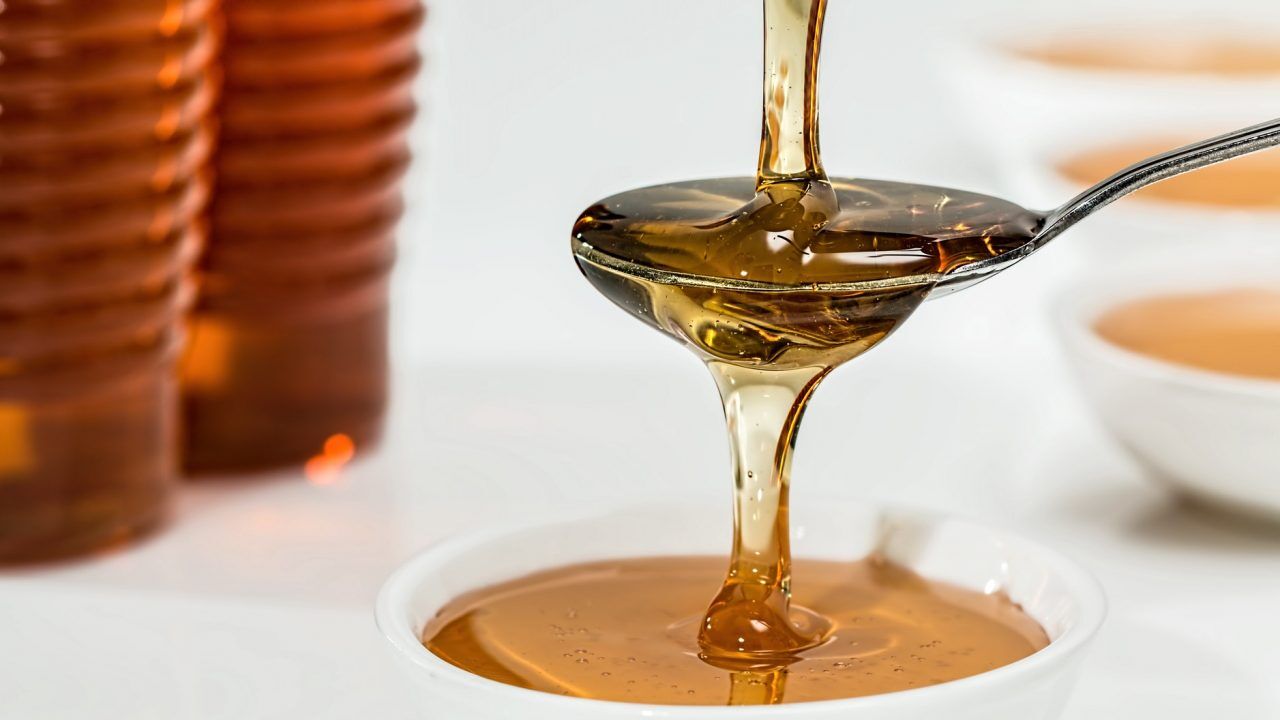Adopting a vegan lifestyle is not a walk in the park for a variety of reasons. Vegan food options are limited, needless to say, and vegan food products can be expensive mostly because they are not in high demand and, therefore, are not widely available. Whether you are new to the vegan lifestyle or already a “pro,” you may still want to add some sweetness to your diet. Fortunately, there are natural vegan sweeteners that are a great substitute for refined sugar.

What are your options for vegan sweeteners?
There are so many healthy sugar substitutes available in the market these days, but not all of them are genuinely natural. For vegans, the best vegan sweeteners have to meet strict standards to be considered safe for their diet. Below is a list of your best options.
Agave nectar
Agave nectar is made from the juice of agave leaves which is filtered, heated, and concentrated. This vegan sweetener can be consumed raw; it can also be used in baking, mixed with beverages, or used as a topping. Agave nectar has a low glycemic index, but the sustainability of the product remains questionable.
Brown rice syrup
Unlike other sugars, brown rice sugar contains no fructose and, therefore has a low glycemic index and is a healthy substitute that even non-vegans can enjoy. This vegan sweetener is produced by breaking down the starch in brown rice using enzymes. Most brands of brown rice syrup are derived from organic brown rice. However, this vegan sweetener has a high calorie content.
Coconut sugar
Coconut sugar is made from the sap of the coconut flower. The sap is also heated and evaporated to produce the sugar granules. Compared to refined sugar, coconut sugar has a low glycemic index and also delivers some calcium, iron, potassium, and zinc.
Lou Han Guo
This is a fruit that is native to southern China and northern Thailand. After removing the shell, seeds, and pulp, the fruit is dried and processed to make lou han guo sugar. It has a low glycemic index, has zero calories, and is claimed to have medicinal properties. The sugar can be used in baking and beverages. Because of the fruit’s limited availability, however, the sugar is expensive.
Maple syrup
Maple syrup is only minimally processed so that it remains all-natural. The syrup is derived from the sap of the sugar maple tree, which is seasonally tapped using a spout. The sap is collected via a series of tubes, and then undergoes a process of heating and evaporation. What remains is the sweet syrup that is also loaded with manganese and adequate levels of calcium, iron, potassium, and zinc.
Maple syrup is highly versatile; it can be used in beverages, desserts, and breakfast dishes, among others. High-quality maple syrup, however, is expensive. The best maple syrup comes from the sugar maple tree which only grows in Canada; the country produces between 70% and 85% of the world’s maple syrup. Another downside to maple syrup is its high glycemic index.
Pureed dates or dates syrup
You will simply remove the seeds of dates, and then make a puree/syrup using lukewarm water. This vegan sweetener can be used in desserts and many dishes. In addition to adding sweetness, dates also serve up healthy doses of fiber, calcium, magnesium, and potassium. Because you can easily make this at home, you can be sure that it’s healthy and vegan.
Stevia
This popular healthy sugar substitute is derived from the stevia leaf, which is dried, filtered, and purified. It has a low glycemic index and has zero calories, making it the ideal sweetener for individuals who are also on a low-calorie diet. Stevia comes in liquid form and is great for mixing in beverages and for use in baking. Stevia is relatively expensive, however.
Sucanat
This is the granulated and more concentrated form of sugar cane juice. The juice is extracted, cooked, and then dried. It’s a great sweetener for beverages and pastries, with a taste similar to sugar. However, it has a high glycemic index and has the same caloric content as refined sugar.
Xylitol
This vegan sweetener is derived from xylan – a type of cellulose present in the cellular walls of plants. The xylan used to make xylitol typically comes from corn cobs, seed hulls, and/or wood. The xylan undergoes hydrolysis, chemical reduction, separation, and crystallization. It can be used in beverages and baking. Xylitol has a low glycemic index and fewer calories than table sugar. It is also usually used in oral care products as it can help prevent cavities.
However, this sweetener does not undergo a completely natural process. It can also cause bloating, gas, and diarrhea in some people.
The Best Vegan Sweeteners – Final Thoughts
Vegans choose the diet for a variety of reasons. If you’re also trying to maintain a low-calorie diet, you can still enjoy some sweetness in your diet with low-calorie vegan sweeteners. If you are particular about how the sweetener is processed, there are products that are made using only natural processes.
If you have a health condition, such as diabetes, it is best to consult a certified dietitian, a nutritionist, or your doctor to find out which vegan sweetener is safe for you to consume.
